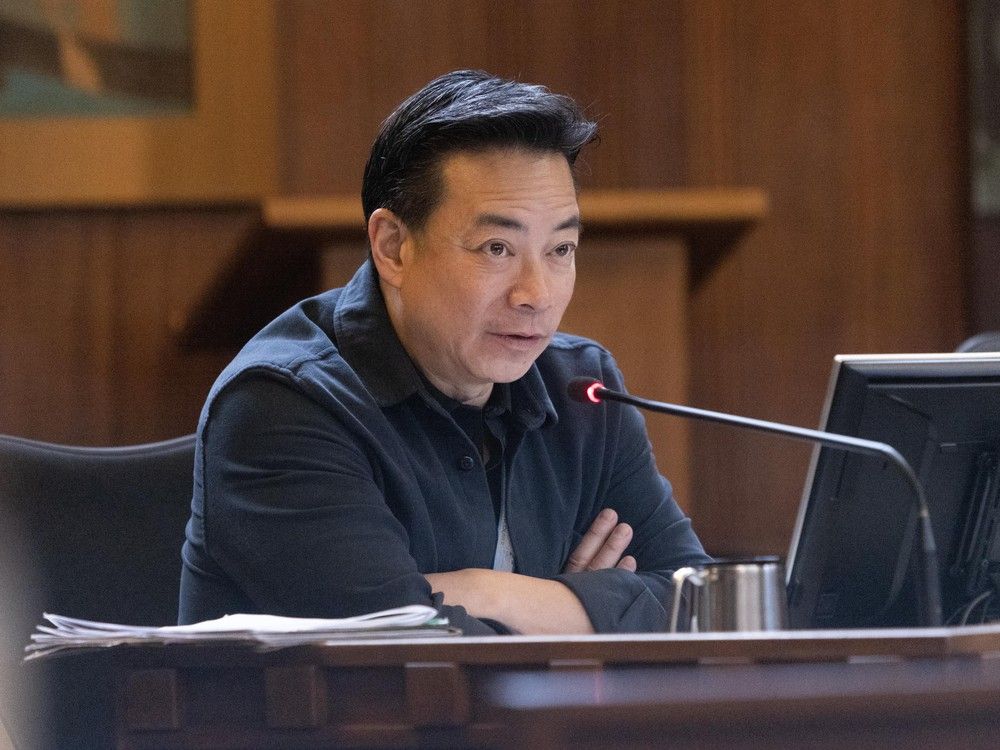
Vancouver council will reinstate full funding for school meal programs after a unanimous vote of support on Wednesday.
The motion, from councillors Peter Fry and Rebecca Bligh, came after council decided earlier this month that it was reducing funding for school food programs from $320,000 in 2024 to $162,500 in 2025. This decision was made based on an expectation that the provincial and federal governments had agreed to increase funding to school food programs.
However, according to Fry, the provincial and federal government funding model meant the Vancouver school district would not receive enough to bridge the gap.
Vancouver Mayor Ken Sim shared an emotional memory of his mom being arrested for shoplifting due to the family’s food insecurity.
“I would see the fear in my mom’s face,” Sim said. “It is a real thing and make no mistake about it, as long as I am mayor of the City of Vancouver regardless of whose responsibility it is, kids and families experiencing food insecurity will have my support.”
Sim added an amendment to the motion asking the Ministry of Education to provide a “clear explanation” about how food funding is distributed across B.C.’s 60 school districts, “including how the socioeconomic status index is calculated and applied to ensure that Vancouver is receiving its fair share of federal funding.”
Since 2014, the city has provided $320,000 from its annual operating budget to support 3,500 meals each weekday through various programs, including the Food4Schools lunch program, which subsidizes meals to 258 students across 17 schools.
In March 2025, the B.C. government entered into an agreement with the government of Canada through the national school food program, which provides about $39 million over three years in additional school food program funding.
Fry said that the funding was allocated using a formula based on socioeconomic status for each school within the district. This “needs assessment” model “can inadvertently exclude some individuals who may not meet strict eligibility criteria but still face food insecurity,” said Fry.
With a file from Denise Ryan